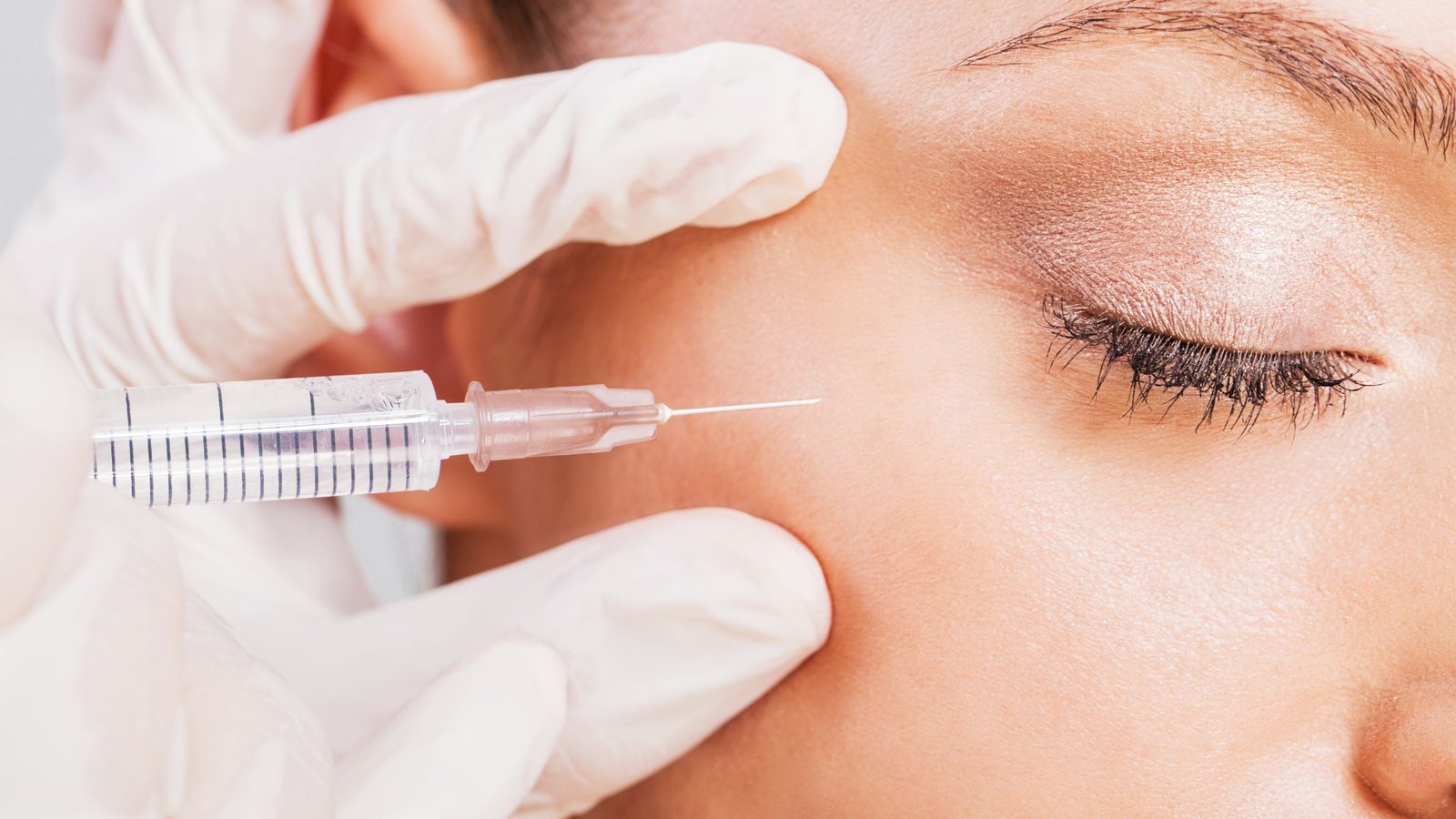Botox Alert: Urgent Health Warning Issued in the UK Following Paralysis Cases

Urgent Health Warning: Health authorities in the UK have issued a serious warning regarding a rare but potentially life-threatening form of botulism linked to recent Botox procedures. Several individuals have developed the condition, which can cause paralysis, prompting a swift response from medical professionals.
Understanding the Risk: Botulism is a severe illness caused by a toxin produced by the bacterium Clostridium botulinum. While Botox itself is a purified form of this toxin used therapeutically to reduce muscle movement and wrinkles, complications can arise if the toxin spreads beyond the intended injection site. This specific outbreak has raised concerns about potential contamination or improper administration techniques during Botox procedures.
Symptoms to Watch For: The onset of botulism symptoms can vary, but typically includes:
- Muscle weakness, often starting in the face and gradually spreading
- Blurred or double vision
- Difficulty swallowing or speaking
- Drooping eyelids
- Breathing difficulties (in severe cases)
Important Note: If you've recently undergone a Botox procedure and are experiencing any of these symptoms, seek immediate medical attention. Early diagnosis and treatment are crucial to prevent serious complications and potential long-term health consequences.
What's Being Done? Health officials are currently investigating the cases to determine the exact cause of the botulism outbreak. This includes reviewing procedures, assessing product quality, and identifying any potential commonalities among the affected individuals. The Medicines and Healthcare products Regulatory Agency (MHRA) is working closely with healthcare providers to ensure patient safety and prevent further incidents.
Safety Advice for Patients: The MHRA recommends that patients considering Botox procedures take the following precautions:
- Choose a qualified and experienced practitioner: Ensure your practitioner is a registered medical professional with a strong reputation and a thorough understanding of Botox administration.
- Verify the clinic's credentials: Research the clinic's reputation and ensure it adheres to strict hygiene and safety standards.
- Discuss your medical history: Inform your practitioner about any existing medical conditions or medications you're taking.
- Ask questions: Don't hesitate to ask about the practitioner's experience, the products they use, and the potential risks and complications.
The Bottom Line: While Botox is generally considered safe when administered by a qualified professional, this recent outbreak highlights the importance of vigilance and caution. By being aware of the risks and taking appropriate precautions, patients can minimize their chances of experiencing adverse effects. Stay informed and prioritize your health and safety.



)

